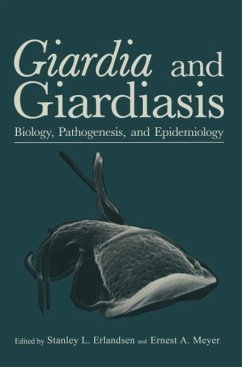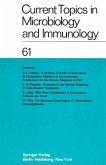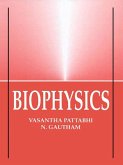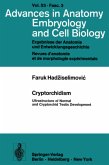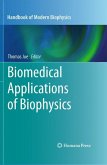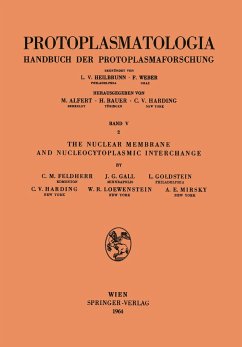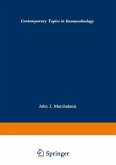The intestinal protozoan Giardia was first described over 300 years ago in 1681 by Leeuwenhoek, from his own stools. In his description of Giardia, he noted the size, movement, and morphology of the organism, and associated its presence with the diarrheic nature of his stools and his dietary habits. This truly remarkable account contains the first description of Giardia in morphologic, pathogenic, and epidemiologic terms. Our knowledge of the organisms in the genus Giardia has advanced tremendously in the past two decades. With the advent of new tech nologies, including techniques in electron microscopy, biochemistry, immunochemistry, tissue culture, and physiology, a tidal wave of information has appeared on the organization and function of this parasitic protozoan and its interaction with its host. The purpose of this book is to celebrate the tricentennial discovery of Giardia by Leeuwenhoek by presenting the above-mentioned advances in our knowledge of Giardia and giardiasis. In the first section of this book, the dominant theme is the biology of the organism and the correlation of structure-function relationships.

